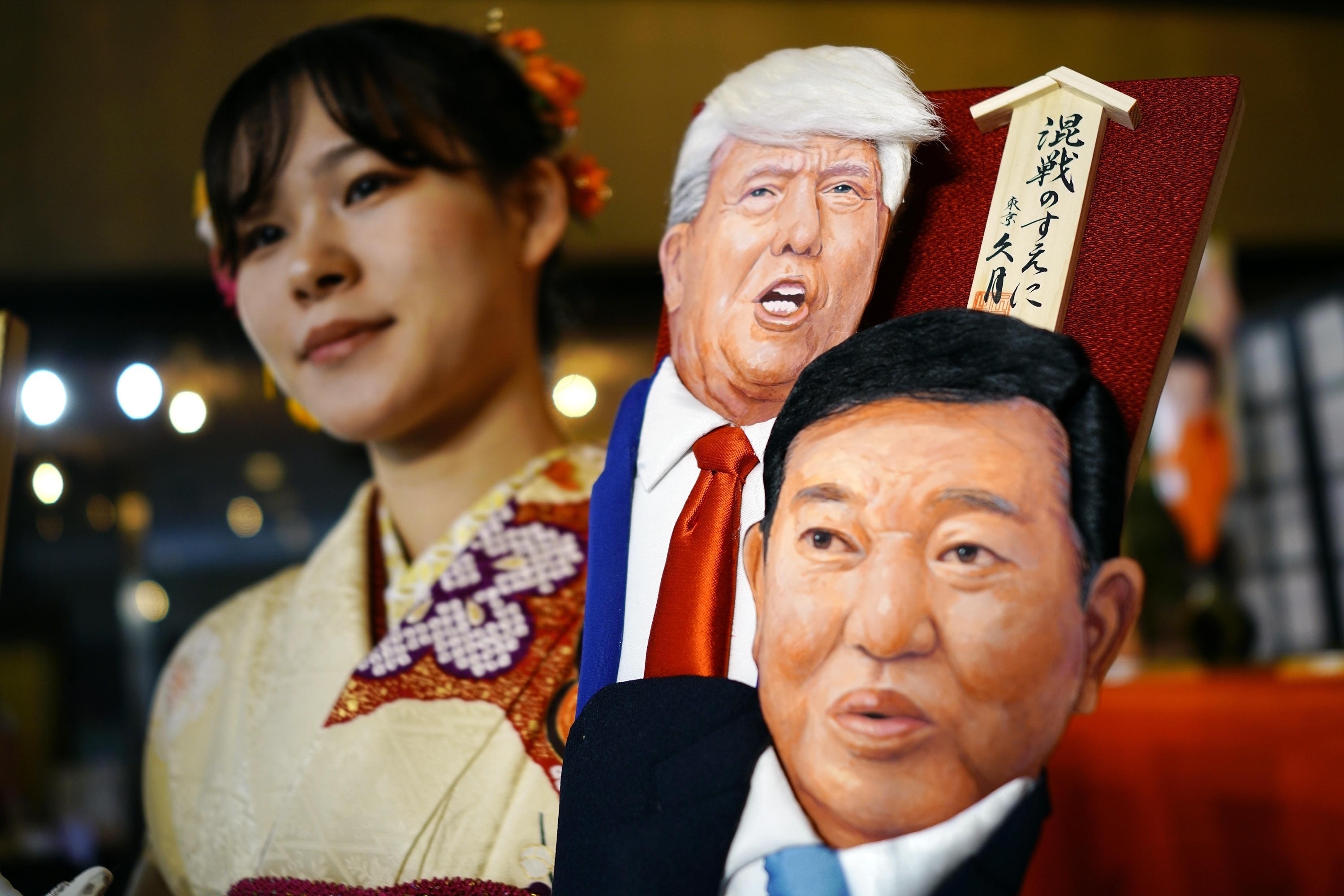If the Munich Security Conference has become one of the most important forums on the foreign policy calendar, it is partly because it is a diplomatic stage where unexpected twists occur, such as a representative of a dictatorship being the one to best publicly defend values like social cohesion and dialogue, while the representative of the hegemonic democratic superpower dedicates himself to launching harsh attacks against its Western allies.
While US Vice President JD Vance garnered all the attention for his brutal attack on European leaders, Chinese Foreign Minister Wang Yi did the opposite: delivering a conciliatory speech with Europe and telling his European counterpart, Kaja Kallas, that unlike the Government of Donald Trump, Beijing does support Brussels' role in the peace process in Ukraine.
These diplomatic turns were witnessed live by Japan and South Korea, two other important geopolitical actors in the Asia-Pacific region. Representatives of these countries, away from the spotlight, have expressed concern about the possibility of their security alliance with USA cracking under the pressure of assertive China. However, unlike Washington's European theoretical allies, the delegates from Tokyo and Seoul will return home with Secretary of State Marco Rubio's commitment that their alliance is "unbreakable."
This is reflected in the statement released after the sideline security forum meeting between the foreign ministers of these three countries. It was the first meeting of the Pacific democracies tripartite since Trump's return to the White House. Unlike other trilateral meetings held during the Biden Administration, this time, at least in the released document, China's military expansion in the region does not seem to have been discussed.
The focus was entirely on the threat from North Korea, starting with Kim Jong-un's nuclear program development. "We renew our commitment to seek the complete denuclearization of North Korea", states the joint declaration signed by Marco Rubio, South Korean Foreign Minister Choe Tae-yul, and Japan's top diplomat Takeshi Iwaya.
The three also discussed the increasing military cooperation between Kim Jong-un's regime and Vladimir Putin's. Last year, during a visit to Pyongyang, the Russian leader sealed a mutual defense agreement with North Korea, including a clause requiring both countries to assist each other if one is attacked. Three months later, North Korea sent over 10,000 soldiers to Russia to fight on the Kursk border region front.
Last week, Kim Jong-un once again pledged support to Putin in his war against Ukraine. "The army and people of North Korea will invariably support and encourage the just cause of the Russian army and people to defend their sovereignty, security, and territorial integrity," Kim stated at a time when many international reports indicate that North Korean troops, after numerous casualties in combat, have been withdrawn from the Kursk battlefield.
"Since mid-January, there have been no signs of North Korean troops deployed in the Russian Kursk region engaging in combat," stated the South Korean National Intelligence Service (NIS), the first to alert in October 2024 about the deployment of North Korean soldiers in Russia.
"We will not tolerate any provocation or threat from North Korea. We promise to maintain and strengthen international sanctions against Pyongyang," continued the summary of the allies' meeting in Munich, reaffirming their "unbreakable trilateral partnership," committing to enhancing security and economic cooperation amid concerns in Tokyo and Seoul about Trump's unpredictable and transactional strategy. A concern shared by other regional partners such as Australia, Philippines, or Taiwan.
"Trump's policy for Asia seems much less concerned about these alliances, so these countries may have to bear a greater burden to maintain regional stability," says Ian Ja Chong, a Political Science professor at the National University of Singapore. "President Donald Trump's pause in US foreign aid has caused shockwaves in the Pacific and Southeast Asia. From East Timor to Cambodia, aid projects across the region have been suspended. Those working in the sector claim it is beginning to have real repercussions on the ground," notes a recent publication from the Lowy Institute, a Sydney-based think tank.
Following the initial global shocks of Trump's trade war in Australia, which, along with UK, is part of the Aukus, the security alliance driven by the US to counter Beijing's military influence in the Pacific, they have stated they are negotiating an exemption on tariffs for steel and aluminum imports. Canberra is also more relieved after Trump stated this week that Washington will continue to support the acquisition of nuclear submarines under the Aukus umbrella.
In this scenario, we must not forget India, another rising player whose Prime Minister, Narendra Modi, has been on a trip to Washington this week, positioning himself as a solid ally of Trump. To achieve this, Modi had to bow to the Republican by stating that his country would increase imports of US products to reduce the trade deficit, thus avoiding at least a major blow from the trade war unleashed by the US President.
Over the past eight years, both in Trump's first term and in Biden's four years, much of Asia has been caught in the tug-of-war between Washington and Beijing. There is a widely shared opinion on Trump's strategy in the region: he will seek to maintain the strength of the network of alliances woven by the US around China but will want his partners to pay more for their protection.
